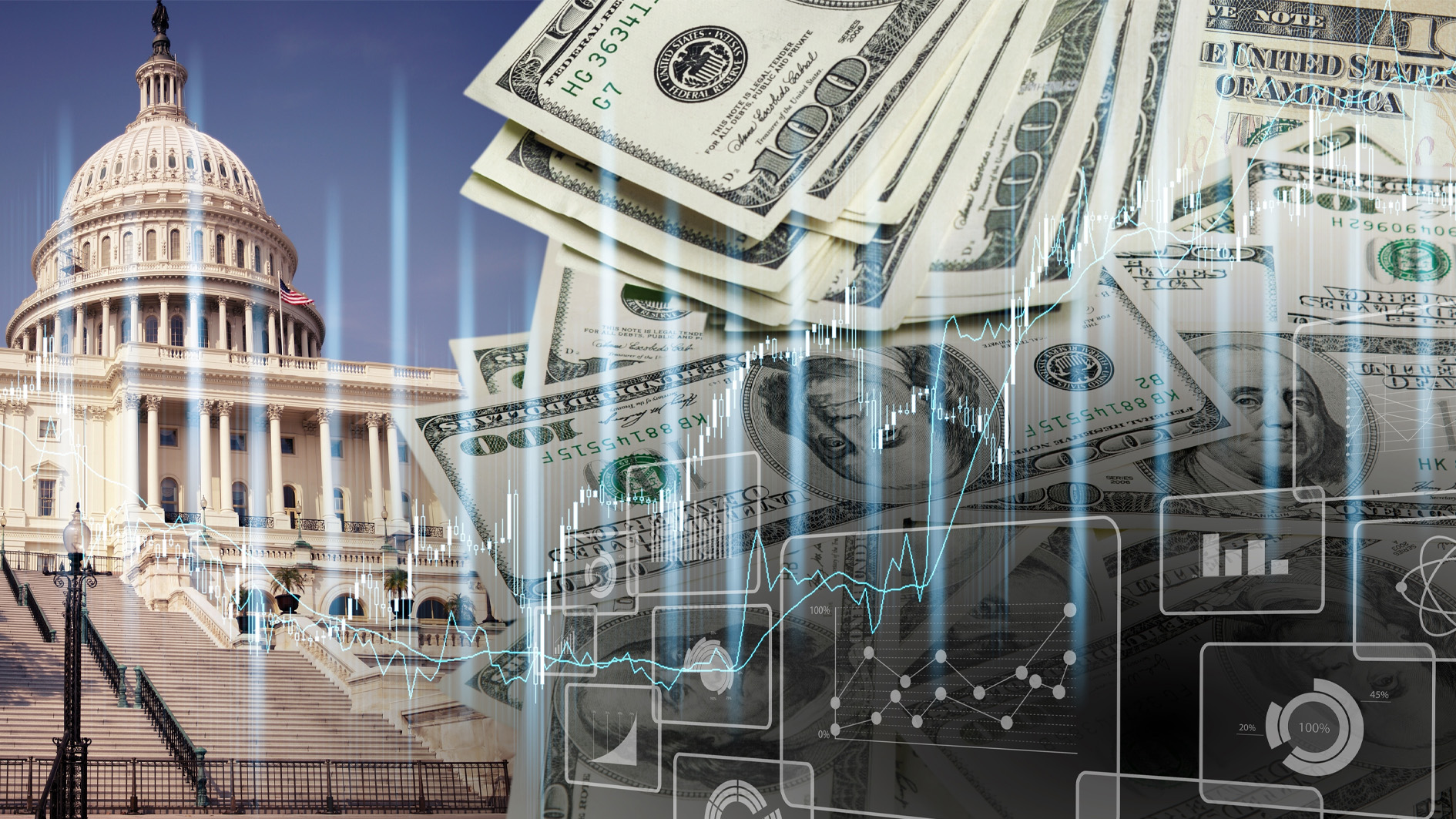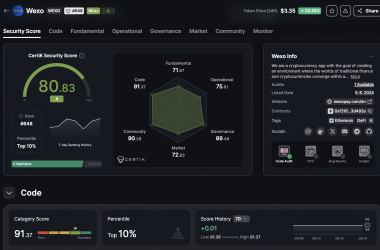Bitcoin mining's use of clean energy exceeds 50%, attracting big companies
BITCOIN (BTC) BLOCKCHAIN MINING WEB 3.019-Sep-2023

Publicaciones principales

Wexo Points: Find places where you can pay with Bitcoin (App Up...
Search nearby businesses that accept Bitcoin payments
Leer másAccording to a recent report by Bloomberg analyst Jamie Coutts, the share of renewable energy used in Bitcoin mining has climbed above 50%. This positive trend is fueled by the exit of miners from China after the 2021 mining ban and the current move by some countries towards using excess and unused energy to mine the cryptocurrency. These developments could have a significant impact on the decisions of large companies regarding Bitcoin adoption.
Elon Musk, CEO of Tesla, has previously stated that his company will reintroduce Bitcoin payments when approximately 50% of mining is done through clean energy sources with a "positive future trend." Countries such as El Salvador, Bhutan, Oman and the United Arab Emirates are already investing in BTC mining, suggesting that we may be on the cusp of a major step towards wider adoption of the cryptocurrency on a global scale.
Although Musk has not yet officially announced the resumption of BTC payments for Tesla, this green shift in Bitcoin mining is in line with the values of many European and global companies that prioritize sustainability and clean energy sources. This positive trend in Bitcoin mining could attract companies that focus on "green" and sustainable technologies, opening up new opportunities for the cryptocurrency ecosystem.
Enterprises integrating Web3 to solve business problems are on the rise

Although the crypto space is still dominated by speculators focused on token prices, the situation is changing. Head of Web3 at Google Cloud, James Tromans, points to the growing interest of enterprises in the potential of Web3 technologies in solving business problems. Google Cloud offers a Blockchain Node Engine service that allows users to access blockchain data, create smart contracts and run decentralized applications. Despite the bear market, the company is seeing strong demand from businesses looking to integrate blockchain technology to streamline their operations and open up new revenue streams.
Tromans is calling for a shift in focus from tokens to the business logic of smart contracts, which can bring innovation, reduce operational costs and open up new revenue streams. "It's time to stop focusing only on tokens and start solving real business problems."
However, for mass adoption of Web3, improving the user experience is essential. Tromans points out that the technology needs to be "invisible" to ordinary users. "We need to abstract private keys to make the technology accessible to all", while stressing the need to create solutions that make it easier for users to recover private keys and take better care of their data.
US lawmakers push legislation blocking the digital dollar

On 20 September, the US House Financial Services Committee will meet to discuss two bills related to a potential digital dollar. The first would prohibit the Federal Reserve from testing pilot programs for CBDC without congressional approval. The second bill would prohibit the Fed's banks from offering certain products or services directly to individuals and would bar the use of CBDC for monetary policy or other purposes.
This initiative comes at a time when the San Francisco Federal Reserve has begun looking for experts for technical positions for the CBDC project, suggesting that the digital dollar is still "on the table." Although the Fed recently denied any decision to issue CBDC, it stressed that it would only do so with authorizing legislation. The move is in line with the views of presidential candidates Robert F. Kennedy Jr. and Ron DeSantis, who have openly opposed the introduction of CBDC in the U.S. due to financial privacy concerns.
The digital dollar debate is generating controversy in the US. While some presidential candidates express financial privacy concerns, CBDC proponents argue that it would help maintain the global relevance of the dollar. On the other hand, a CBDC ban could positively affect Bitcoin, which is often referred to as "free money" and stands in contrast to the centralised nature of CBDC. Many believe that such a move could strengthen Bitcoin's position as a decentralized alternative to traditional currencies.


